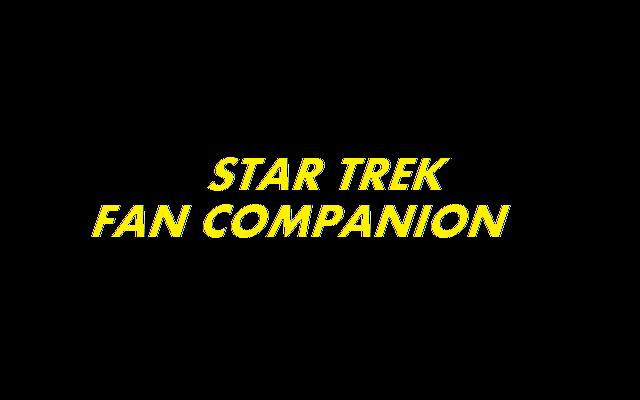The next two topics doesn’t concern wrestlers or wrestling itself directly, but they are absolutely integral to the experience as it is known in the 21st Century.
XXXIII. Ringside Commentators
Maybe you don’t always appreciate it, but half the experience of the match isn’t the action in the ring itself, but what you listen to while it’s going on. Naturally, I’m not talking live events here, but what you experience on TV or PPV. Every generation of fans has signature commentators. Gordon Solie was recently enshrined in WWE’s Hall of Fame, despite the fact that very few current fans will have any kind of real experience with him, even though devoted, long-time, or even just plain students of the game will easily appreciate his contributions to professional wrestling. The same goes for Gorilla Monsoon, or even Jesse Ventura, both of whom went through many different incarnations throughout their careers. They’re a part of history now (even Ventura’s political career), but you can’t watch an early WrestleMania without hearing their voices.
During the Attitude Era, WWE fans made the same acquaintance with Jerry Lawler and Jim Ross, both of whom already had long and storied careers well before then, but came to embody so much of that era, it’s difficult to associate them with anything else (besides Lawler with “puppies” and JR with “Stone Cold! Stone Cold!”). Believe it or not, but even Michael Cole will come to be looked on fondly.
I tend to enjoy commentators more often than not (though Mark Maddon and the specific combination of Mike Tenay and Don West did their fair share of irritation), even when they don’t get a lot of respect. I think WCW’s greatest gift to wrestling was perhaps the finest ever lineup of commentators (it’s easily the best perk of WWE’s regular DVD compilations to revisit them), but I’m not sure how widely this opinion is shared. The biggest gamble of WWE’s brand era was the theory that the company could come up with another team that could rival Lawler and JR, but I think Cole and Tazz more than rose to the challenge, establishing a completely different relationship and perspective that both respected the veterans (as Cole is continuously mocked over, concerning The Undertaker) and hyped the fresh talent (Tazz repeatedly shouted “Here comes the pain!” every time Brock Lesnar showed up for a match) for a roster that more often than not needed the attention focused squarely on the talent. Even JBL, when he temporarily joined the ringside team, was a consummate hype man, not so much for the storylines, but to make a big deal about the spectacle (whereas Tenay and West tried too hard to promote TNA itself).
I wish I could spend a lot of time talking about all my fond memories of ringside commentators, but the best way to experience these guys is to actually hear them, so I guess what I’m really trying to say here is sometimes, just sit back and enjoy that chatter. It’s not just tradition, it’s integral to the experience, and more often than not, it’s completely worth it.
XXXIV. Theme Music
More than commentators, one of the signature elements of the modern era is a wrestler’s theme music, something that wasn’t totally common until the 1990s, and not really perfected until the end of that decade. With all apologies to the efforts of WCW, ECW, and TNA, WWE has been the undisputed champion. Some precedents did allow us to enjoy, say, “Pomp and Circumstance” for Randy Savage, and Ric Flair’s “Thus Spoke Zarathustra” (more commonly known as the theme from Stanly Kubrick’s 2001: A Space Odyssey) continued along that trend (which eventually also gave us “Ride of the Valkries” with Daniel Bryan), but “Real American” and Hulk Hogan set the bar, taught everyone how the entrance music can rouse a crowd as much as the actual wrestler, set the tone.
I would actually argue that sometimes, the music can be too perfect, almost overwhelm the star. Ironically, John Morrison has probably been a victim twice in his career, both during his M-N-M days, and when he consciously evoked the legendary lead singer of the Doors. His music is always awesome, his entrance always bombastic, not because of some traditional pyro pop, but because he immediately stands out. I would argue if the company really wants to put him to the next level, they need to come up with another awesome theme. WWE has done several memorable themes for individual stars. That’s the way it works. (On the flipside, it almost never works when they try to tweak a perfected theme, rather than outright change it. The Rock and Steve Austin were victims of this. Rob Van Dam’s actually got better over the years. Edge, meanwhile, kept the same basic intro, but had his theme improved, too, when his character got stronger, with an outright change. WWE’s version of the Goldberg theme, however, was another miscalculation.)
Maybe this is another thing you need to experience to really appreciate, maybe just pay attention a little more, rather than gloss over a familiar element. TNA has been improving its set in recent years, after many generic and abysmal efforts. I’m glad that Mr. Anderson seems to have the best of that lot. Remember that Raw a couple of weeks ago, when CM Punk and John Cena dueled at the end of the show, hoisting their titles to get their particular themes played? Yeah, it might have seemed a little ridiculous, but it was also pretty awesome. That’s how important theme music can be.

No comments:
Post a Comment
Note: Only a member of this blog may post a comment.